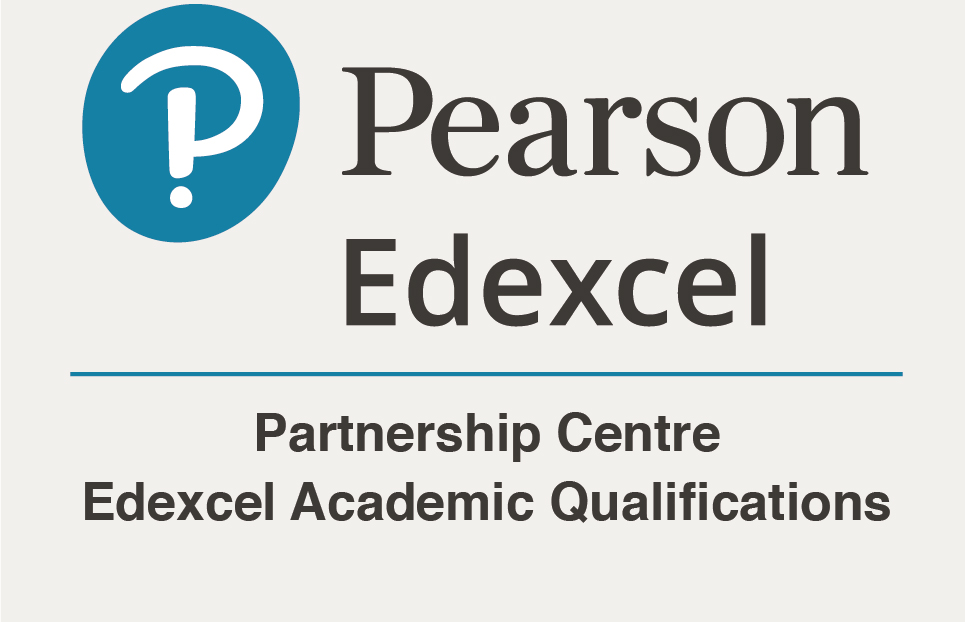I’m sure many of you out there will recognise the phenomenon of a friend, brother, sister or child regularly working until past midnight on a seemingly endless stack of homework assignments, only to wake up early, head to school and begin the cycle again. Homework makes many miserable and is frequently linked to student performance anxiety (http://www.nature.com/articles/npjscilearn201611). A 2014 study from the Stanford Graduate School of Education stated that 56% of students consider homework to be their primary source of stress (http://news.stanford.edu/2014/03/10/too-much-homework-031014/). Last week, we cited reported cases from China of students committing suicide after the pressure of assignments set as part of preparation for the gaokao became too much. With all this riding on it, is homework really worth the trouble?
An analysis of studies conducted between 1987 and 2003 indicates that in the vast majority of cases, there is a strong and statistically significant positive correlation between the amount of homework a student completed and academic achievement (http://journals.sagepub.com/doi/abs/10.3102/00346543076001001). When students learn in a classroom, they are using their short-term or working memory. This information is constantly replaced and updated throughout the day. However, homework requires students to revise this information, increasing the likelihood that they will retain key skills learned in class and be able to apply them to new situations as a vital aspect of their overall education.
However, any homework that is set should be targeted if it is to be effective. Tasks should be relevant, elaborating on information shared in class or allowing students to explore key concepts through the lens of their own interest. Tasks should also be achievable, as tasks with a high probability of success stimulate the mind and are far more motivating. Where possible, involve parents regularly, and check homework with students afterwards. This allows them to revise key concepts and sends a message that homework is important. Not completing tasks will result in negative consequences in a classroom setting. While the debate surrounding what the right amount of homework for students is, or how effective different homework tasks are, scientific research indicates that thoughtful, applicable, achievable homework tasks, that also foster key skills like time management and prioritisation, are a vital part of educational development.
Various scientists and educators have offered helpful guidance on the most effective ways to do this. Neurologist and former teacher Judy Willis suggests numerous scientific approaches to engaging student minds through homework (https://www.theguardian.com/teacher-network/2015/feb/23/science-homework-students-brains-learning). Here she makes suggestions for how long students of different ages should spend doing homework, highlights the dangers and benefits of online tools and discusses why it’s vital for students to understand the value of the work they are completing. PBS also offered an interesting discussion, albeit from an American perspective (http://www.pbs.org/wgbh/nova/blogs/secretlife/blogposts/the-science-of-smart-making-homework-smarter/).
© 晉博教育中心 Brighten Youth Education Centre


